Tag: Biology
-
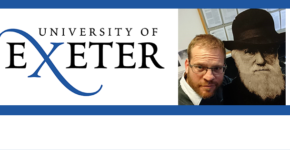
Sasha Dall, University of Exeter – Genes as Cues for Development
What do your genes say about you? Sasha Dall, Senior Lecturer in Mathematical Ecology at the University of Exeter, examines how genotype and local environment work together during development. The primary aim of my research is to explore how animals cope with the unexpected opportunities and dangers they face in their day-to-day lives. To this…
-
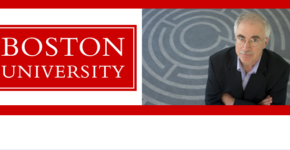
Howard Eichenbaum, Boston University – Guided Memory
Did you wash the dishes in the sink before work this morning? Howard Eichenbaum, university professor in the department of psychological and brain sciences at Boston University, discusses how the brain suppresses some memories to better focus on the tasks at hand. The hippocampus plays a critical role in memory formation, but our understanding of…
-
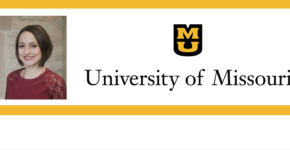
Victoria Vieira-Potter, University of Missouri – Exercise Changes Gut Microbes
Exercising may also help you in ways you can’t see. Victoria Vieira-Potter, assistant professor of nutrition and exercise physiology in the College of Human Environmental Sciences at the University of Missouri, discusses why exercise helps inside your gut. Victoria Vieira-Potter, PhD is an assistant professor of nutrition and exercise physiology in the College of Human…
-
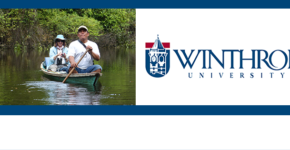
Janice Chism, Winthrop University – Saki Monkeys
How do you study monkeys that you can’t see? Janice Chism, professor of biology and anthropology at Winthrop University, describes looking for meaning in Saki monkey calls to observe this bashful breed. Dr. Chism has carried out research on wild primate populations throughout the world including a four-year National Science Foundation Fellowship which supported a…
-

James Cook, University of Missouri School of Medicine – A Better Fix for Torn ACLs
A new technique to treat ACL injuries may be on the way. James Cook, Professor in Orthopedic Surgery at the University Of Missouri School Of Medicine, describes this new technique and how it could lead to a more active lifestyle for those with repaired ACLs in their knees. James Cook, D.V.M., Ph.D., serves as the…
-
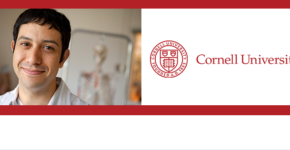
Chris Hernandez, Cornell University – Bones Reveal New Engineering Secret
Examining how bones bounce back after breaking may help us build machines. Chris Hernandez, associate professor of mechanical and aerospace engineering at Cornell University, delves into how bones heal themselves and return to their original function, which could give machines in faraway places a chance to last longer without replacement parts. Dr. Hernandez is an…
-
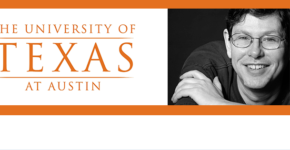
Andrew Ellington, University of Texas at Austin – Fighting Cancer with Nanomachines
To beat cancer, we may want to start thinking small. Andrew Ellington, professor in the department of molecular biosciences at the University of Texas at Austin, explains how microscopic machines may be the key to defeating this disease. Andy Ellington uses evolutionary techniques — in particular, a method known as “directed evolution” — to engineer…
-
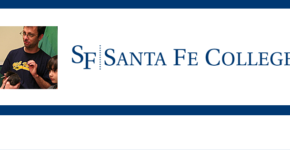
Matthew Carrigan, Santa Fe College – Human Ethanol Consumption
If ethanol consumption is known to be toxic, why have humans consumed it throughout history? Matthew Carrigan, assistant professor of biology at Santa Fe College, discusses this paradox. Matthew Carrigan is an Assistant Professor of Biology. He began his PhD in neuroscience at University of Florida’s College of Medicine studying the evolution of neuropeptides, and…
-
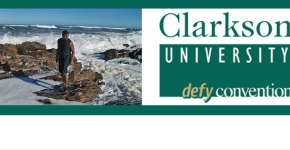
Andrew David, Clarkson University – No Longer an Ocean Away
The oceans are changing with the climate and human intervention. Andrew David, assistant professor of biology at Clarkson University, informs us about these changes and how they affect the species that live there. Andrew A. David is an assistant professor of Biology and the director of freshman biology at Clarkson University. A native of Trinidad…
-

Jun Li, University of Michigan – The Brain’s 24-Hour Clock
The news cycle isn’t the only 24-hour cycle we see. Jun Li, Associate Professor in the Department of Human Genetics at the University of Michigan, discusses how our brains are also on their own 24-hour clock. This work is conducted by the Pritzker Neuropsychiatric Disorders Research Consortium , in which Dr. Li is a member,…
